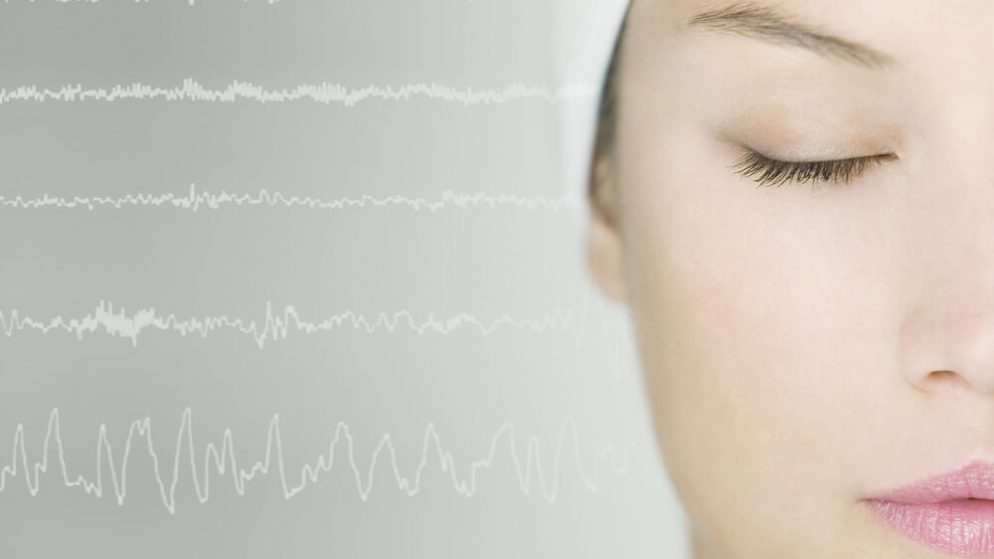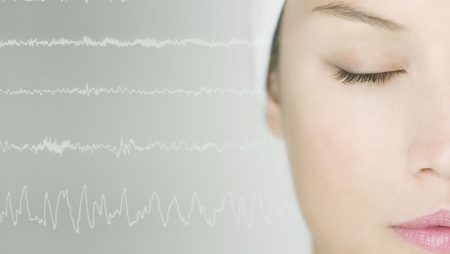



Get new exclusive access to healthcare business reports & breaking news




Simple Habit, the award-winning meditation app with more than five million users, announced June 14th the launch of its new product, Sleep Reset – a digital, personalized sleep clinic.
According to studies, about 60 percent of adults have chronic sleep issues – with devastating consequences for their health, emotional well-being, productivity, and more. Historically, the most effective treatments for insomnia have only been available at in-person sleep clinics.
Having enough sleep and, most importantly, ensuring the sleep we do have is of the appropriate quality is no simple matter. How we sleep impacts our health and general wellbeing, that is why many companies try to bring to the market products to help clients get better sleep or track its quality, in order to work on improving that aspect.
Fitbit Charge 3, for instance, the significant upgrade to the bestselling Charge 2 device, has a new tracking feature called Sleep Score beta (SpO2) that detects sleep disturbances indicating health issues like allergies, asthma, or sleep apnea. When launched, Fitbit Charge 3 was part of Fitbit’s bigger goal of developing FDA-regulated software for sleep and heart conditions.
Beddr received $5.6 million in Series A funding to bring its sleep tracker, the Beddr SleepTuner, to the consumer market. According to Beddr’s press release, funding support was led by Three Leaf Ventures with additional investment from Stanford-StartX Fund, Delta Dental Washington Seed Fund and I.T. Farm, among others.
Simple Habit, the company now launching Sleep Reset, had announced, November 13th 2018, the completion of a $10 million series A funding round, led by Foundation Capital. After a $2.5 million seed the previous year, that round brought the developer’s total funding up to $12.5 million.
Sleep Reset utilizes clinically proven methods to uncover and address the root cause of one’s sleep issues through its iPhone and Android apps. The expert-designed program improves sleep and reduces sleep anxiety with the most effective methods from top-tier sleep clinics, including strategies based on Cognitive Behavioral Therapy for Insomnia (CBT-I) – available for the first time from the comfort of home. After launching Simple Habit in 2017, the company started working on Sleep Reset in stealth mode in 2020 after uncovering from user data that sleep was the #1 problem that users of their meditation app struggled with.
However, after experiencing what many other insomnia sufferers do — months-long waitlists and a general lack of sleep clinics outside major metro areas — and seeing the demand from Simple Habit users, Founder and CEO Yunha Kim and the Simple Habit team built Sleep Reset to make those treatments more accessible. “In America alone, we lose $411 billion a year due to poor sleep! I unfortunately know this problem pretty well because I’ve personally struggled with sleep, tried sleeping pills (which prevent REM sleep which is why you feel groggy in the morning) and had been wait listed at a sleep clinic for 6 months”, Kim said, in an email to HCW. “My team and I used insights from my personal journey with sleep, expertise from leading sleep doctors based on decades of experience, and user feedback to design an efficacious sleep solution that is accessible from the comfort of your home”, Kim added.
New research suggests that sleeping pills, many of which have potentially dangerous side effects, may not be effective. A recent study published by the medical journal BMJ Open found that, while millions of adults use prescription sleep aids to treat insomnia, sleeping pills aren’t a solution in the long run. Sleeping pills don’t allow people to experience REM sleep, leave people groggy in the morning, have a long-term mortality risk, and may be linked to Alzheimer’s and dementia.
Sleep Reset’s no-pills program was developed in partnership with sleep experts from top sleep clinics and universities, including the University of Arizona, the University of Minnesota, and the Stanford University Sleep Medicine Center.
“Good sleep is at the core of good health. Beyond mental health, it’s important for cardiovascular health, weight management, a strong immune system, and preventing diabetes,” said Dr. Michael Grandner, Director of the Sleep and Health Research Program at the University of Arizona, Director of the Behavioral Sleep Medicine Clinic at the Banner-University Medical Center, and Sleep Reset Scientific Advisor. “Before Sleep Reset, getting personalized strategies for improving sleep required getting diagnosed with a sleep disorder and having to go to a clinic to meet with a doctor. Now, anyone can get access to tools and techniques to improve their sleep health. “
Sleep Reset’s mission is to provide a life-long, sustainable solution to sleep better after just 12 weeks, with no pills or melatonin needed – which means no grogginess, side effects, or dependency. While in beta for the past sixteen months, Sleep Reset has already helped thousands of people improve their sleep. One survey of members who completed the program found that nine in 10 reported improved sleep with no grogginess or side effects. According to data from their Sleep Logs, Sleep Reset beta users reported, on average:
Nearly half of beta users who reported taking sleeping pills or melatonin at the start of the program were able to stop taking them by the end of the program.
How Sleep Reset works:
Sleep Reset starts with a seven-day trial to ensure it is a good fit. After the trial, for a limited time at launch, Sleep Reset is offering 50 percent off subscriptions, priced at a discounted rate of $75 per month with a three-month minimum commitment. The program is an affordable alternative to treatment at an in-person sleep clinic, which can cost thousands of dollars.